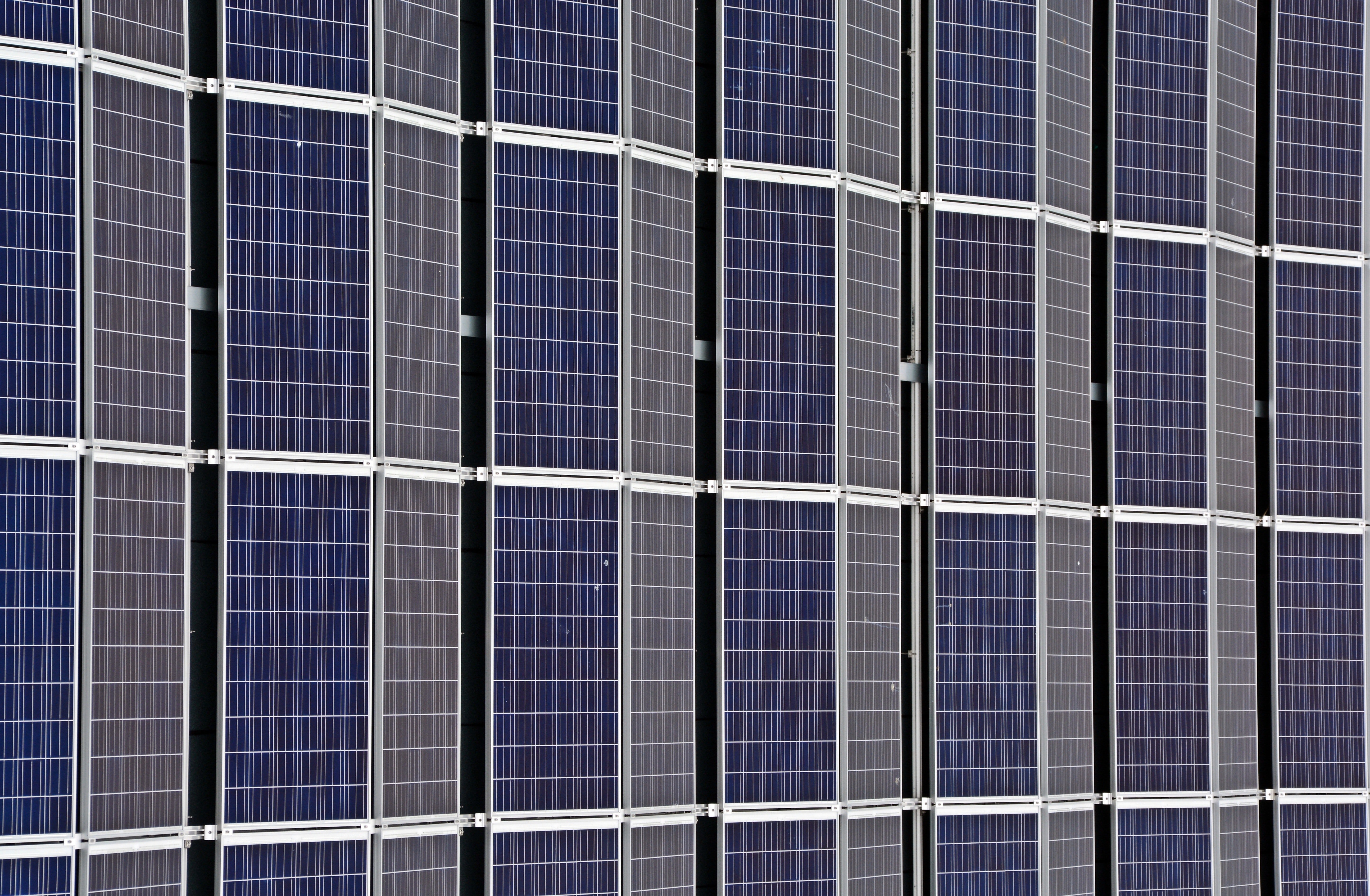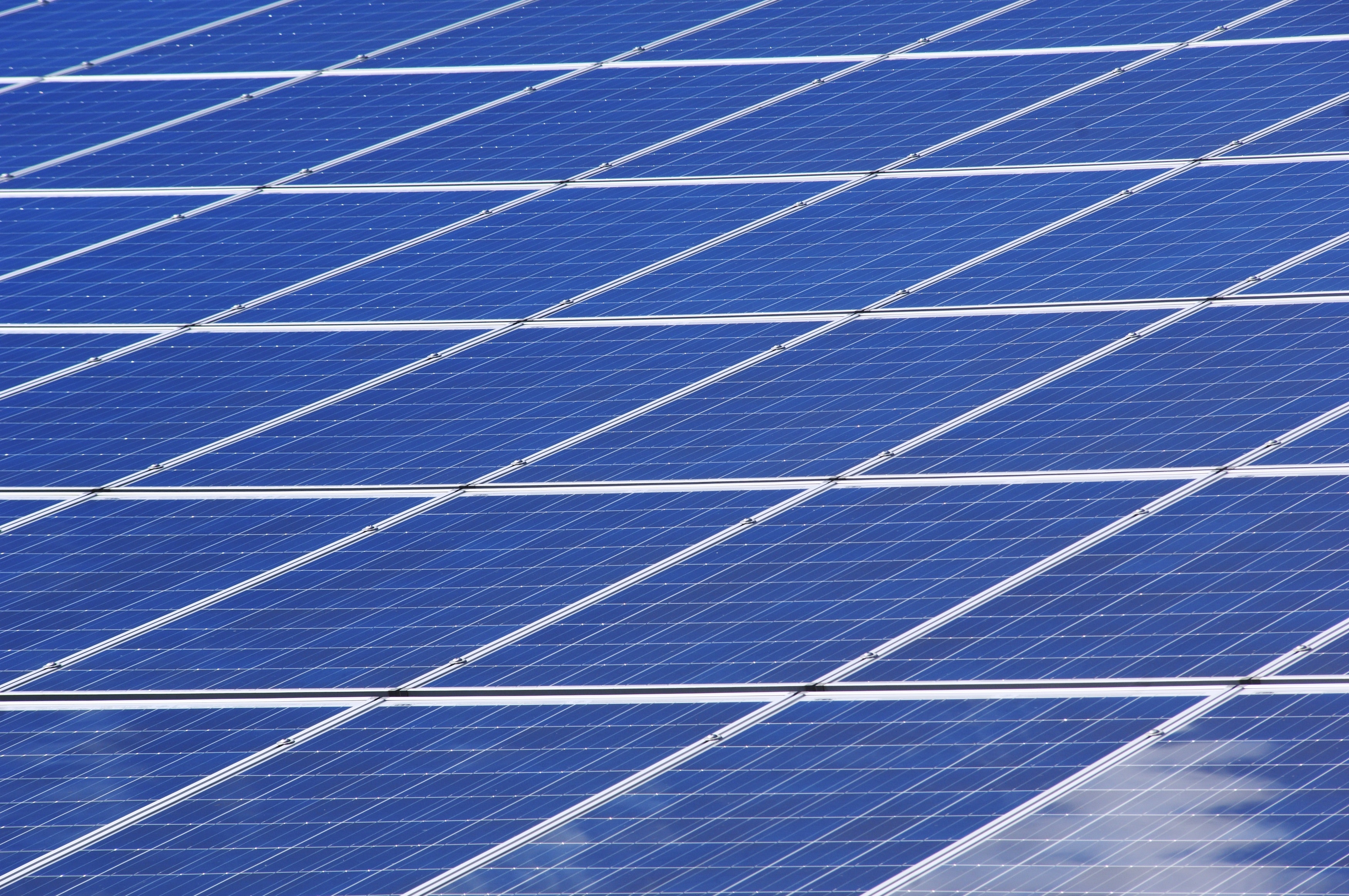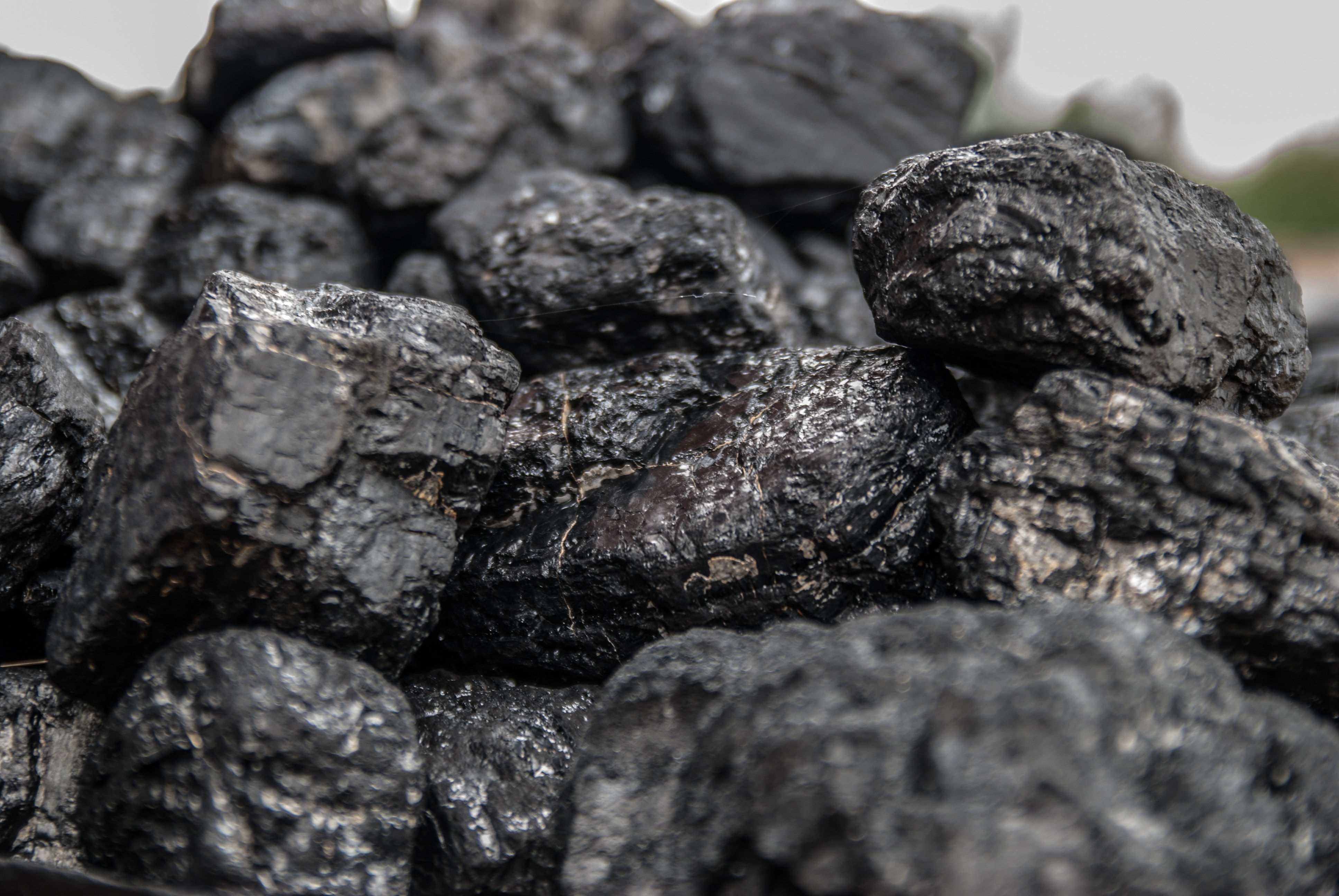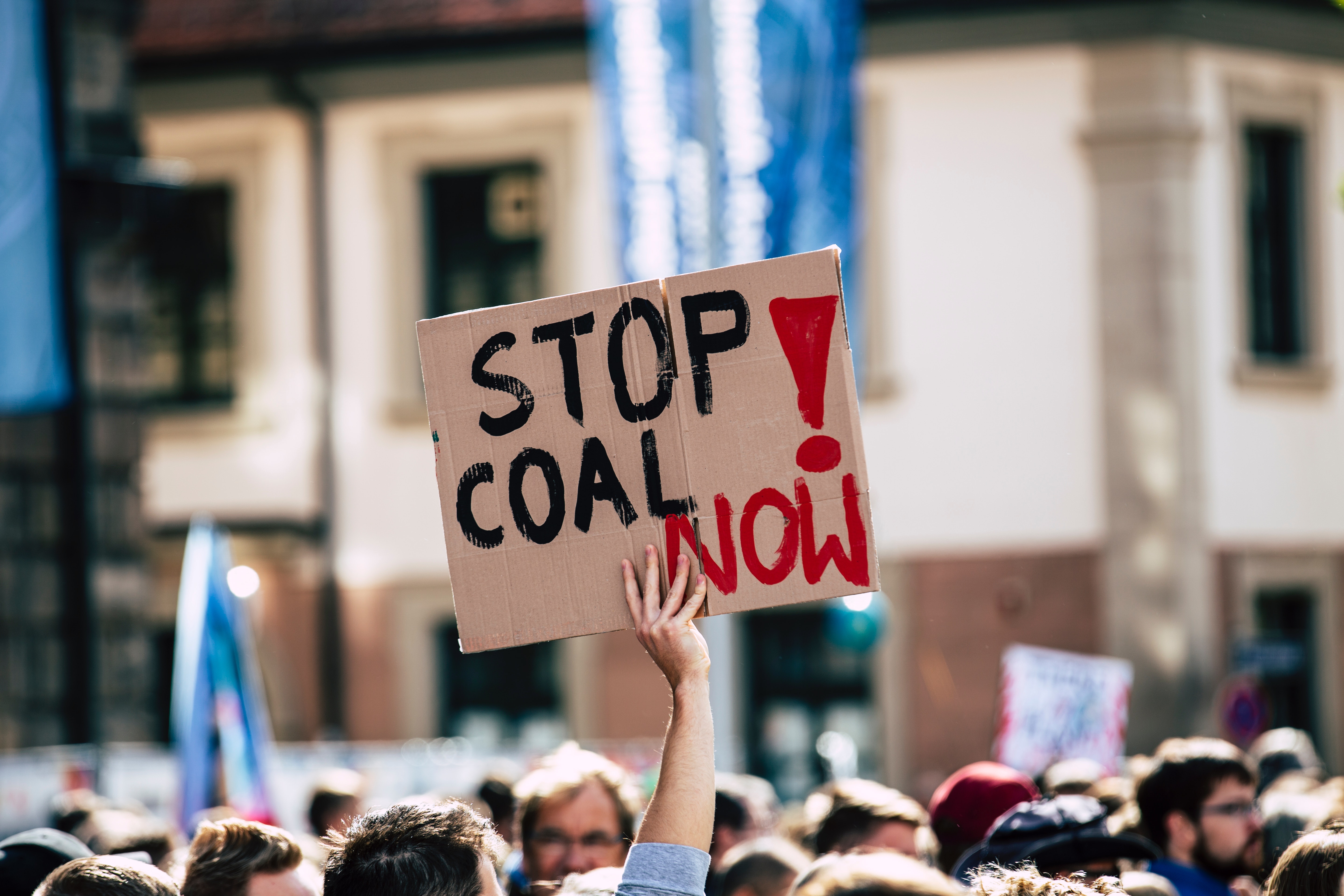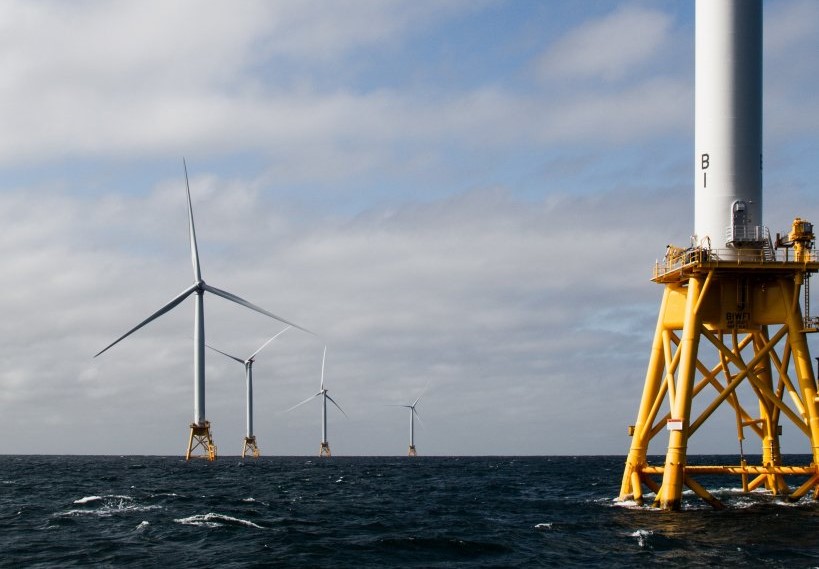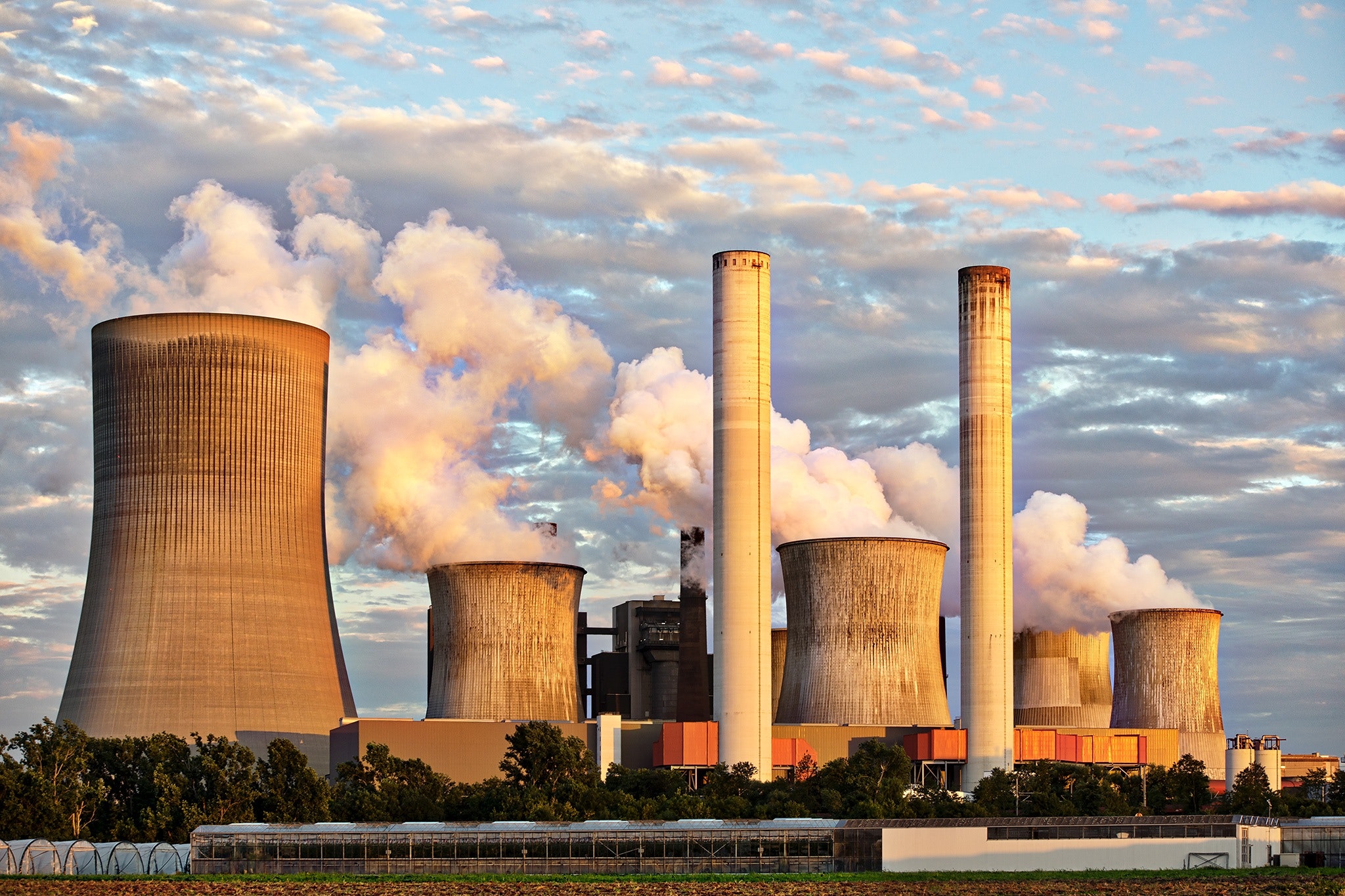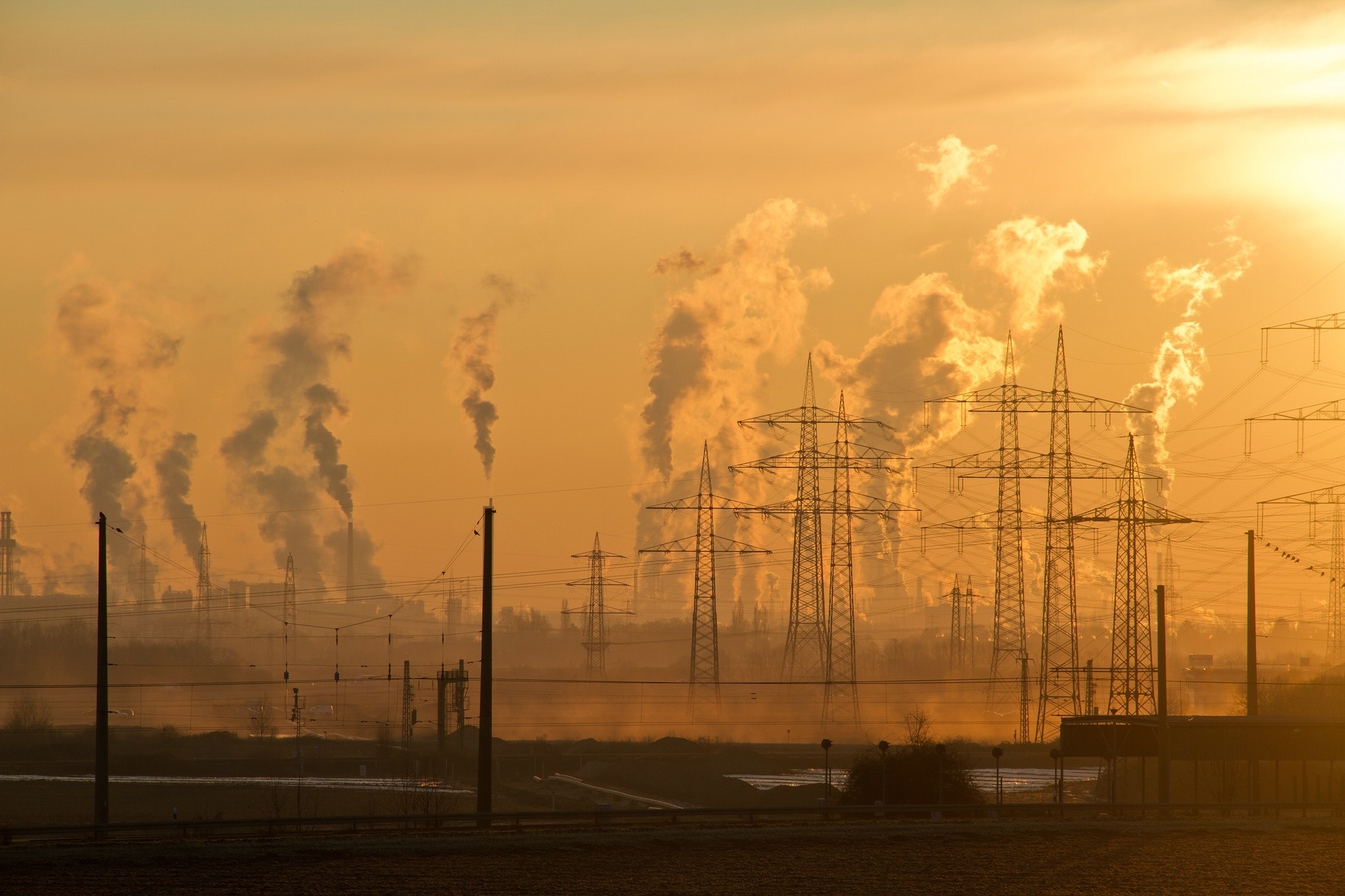Author: Camellia Moors ’22
Welcome to another edition of Good News Friday! Today, we’re covering

- China completes first “Vertical Forest City”: In Huanggang, China, the city’s first Vertical Forest City Complex has recently been completed. Essentially a vertical greenspace, the approximately 500-person residential complex features balconies and plant installments containing over 5,000 shrubs and trees. This building joins a growing trend in urban planning of incorporating green spaces into building projects, which are touted as reducing energy consumption and removing carbon dioxide from the air. Like many other vertical forest projects around the world, Huanggang’s example is the product of architect Stefano Boeri’s designs. (For other examples of his work, see his website).
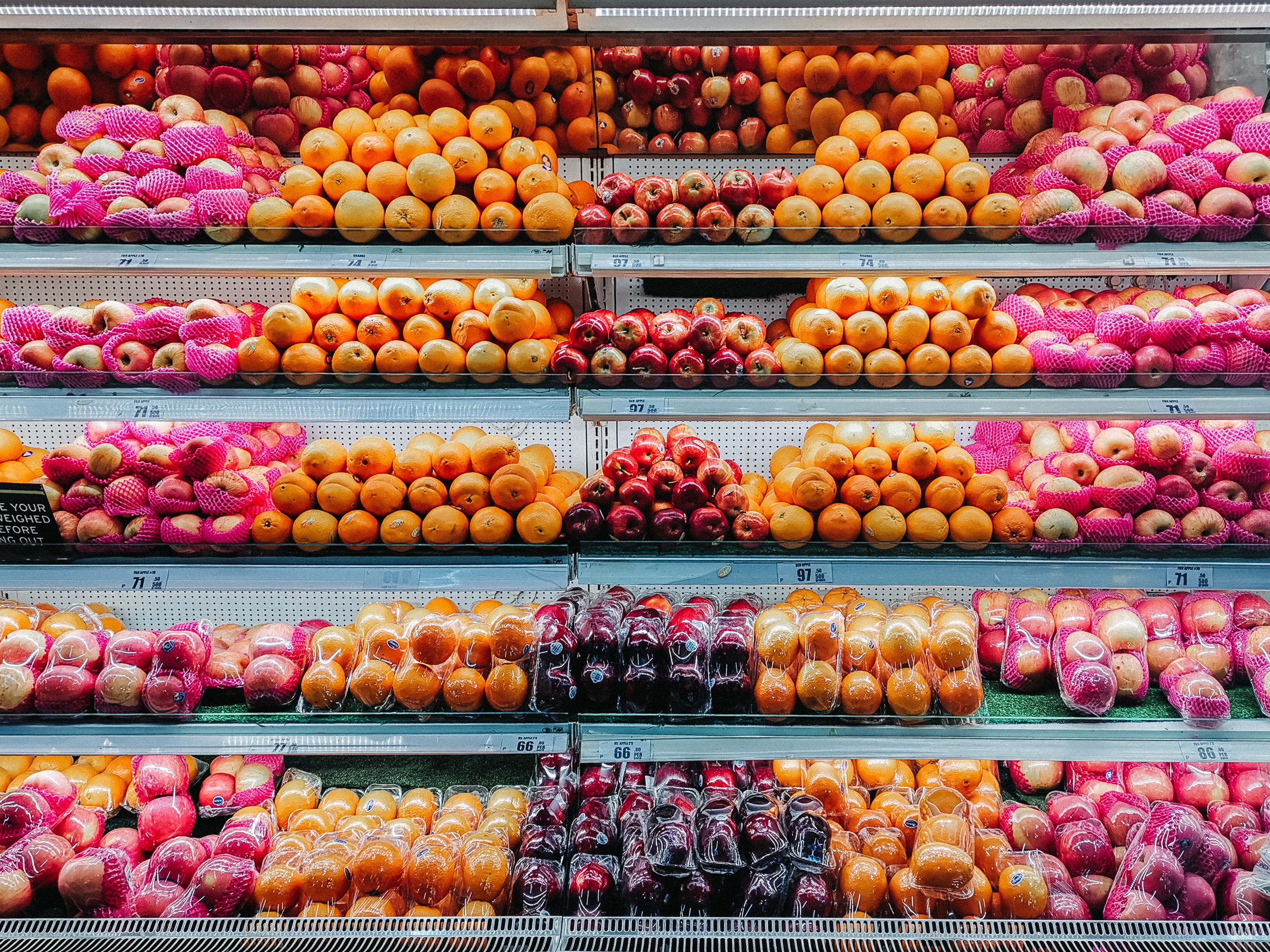
2. UK grocery stores aim for refillable groceries: Five grocery stores and suppliers in the UK (Waitrose, Ocado, Morrisons, Marks & Spencer, and CHEP) have joined the Refill Coalition (run by Unpackaged) and pledged to “roll out unpackaged options in-store as well as letting people fill containers with essentials during home deliveries” by the end of this year. This comes as the UK Government last year announced plans to phase out single-use plastics (it is estimated the UK uses 2.5 million metric tons of single-use plastic packaging annually).
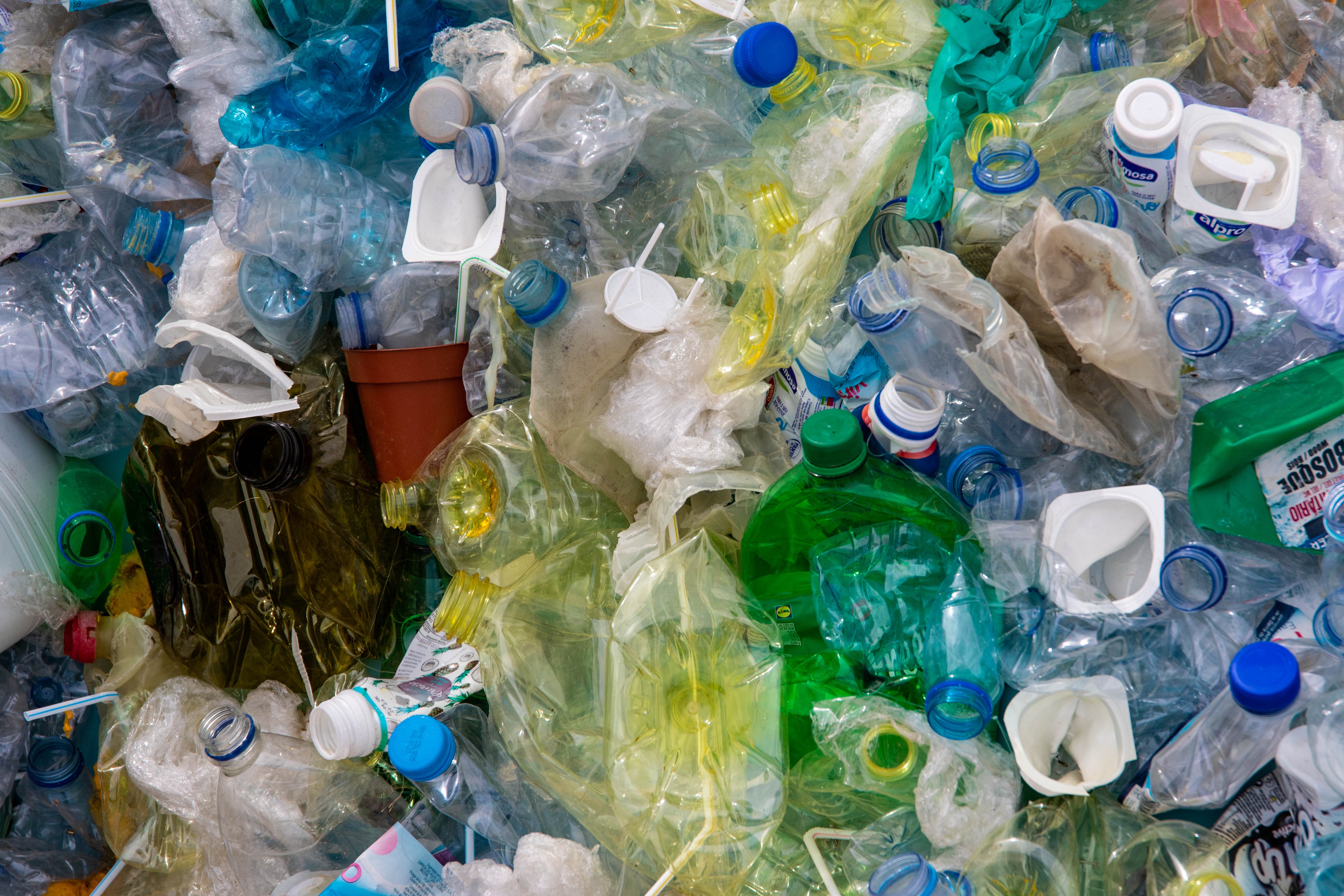
3. World leaders to develop plastic treaty: At an UN environment assembly in Nairobi, Kenya late last month, representatives from 173 countries agreed to develop treaty on plastics to be developed over the next two years. The ultimate goal of the treaty will be to eliminate plastic pollution. Approximately 300 million metric tons of plastic waste are produced each year, and of all 7 billion metric tons of plastic waste produced to date, only 10% has been recycled.
That’s all for this week! Check back next week for more positive environmental news. In the meantime, if you’d like to share some Good News with us, please feel free to get in touch!


